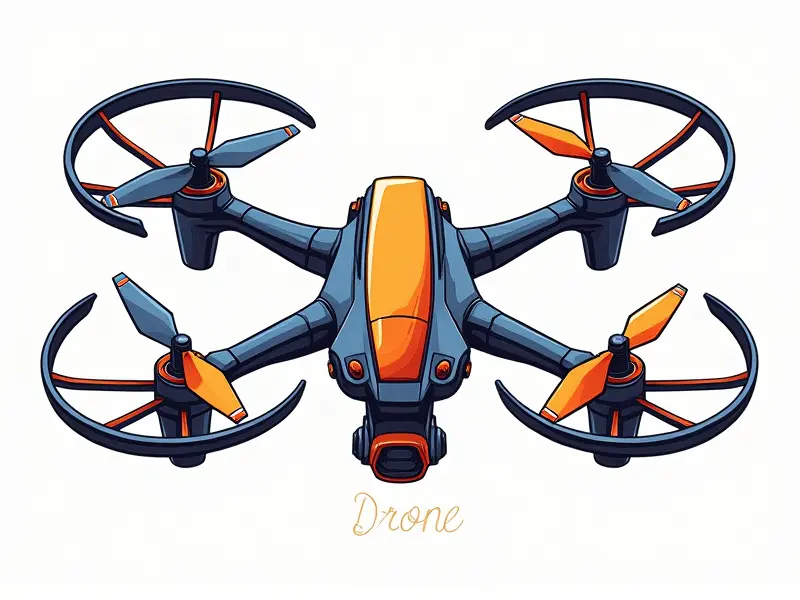Are RC airplanes hard to fly?

Why Are RC Airplanes So Challenging?
Flying remote control (RC) airplanes can be a thrilling and rewarding hobby, but it's also one that comes with its fair share of challenges. The complexity of maneuvering an aircraft through the air requires not only technical skill but also a deep understanding of aerodynamics and flight principles.
Mastering RC Airplanes: Is It Hard?
The difficulty in mastering RC airplanes varies greatly depending on several factors, including your experience level, the type of plane you're flying, and how much time you dedicate to practice. For beginners, the learning curve can be steep due to the need for precise control over throttle, elevator, aileron, and rudder.
Challenges of Flying RC Airplanes
- Aerodynamics: Understanding lift, drag, thrust, and weight is crucial for maintaining stable flight.
- Control Inputs: Coordinating multiple control surfaces simultaneously can be tricky at first.
- Weather Conditions: Wind, temperature, and humidity all affect how your plane behaves in the air.
Beginner's Guide to RC Airplane Flight
Starting with a simple trainer model is highly recommended for beginners. These planes are designed specifically to be forgiving and easier to control, making them ideal for learning basic flight skills such as takeoff, landing, and basic maneuvers.
Tips for Flying RC Planes Like a Pro
- Practice Regularly: Consistent practice is key to improving your flying skills.
- Learn from Others: Joining an RC club or finding a mentor can provide valuable guidance and support.
- Study Flight Theory: Understanding the principles of flight will help you anticipate how your plane will behave in different situations.
Overcoming RC Airplane Flying Hurdles
Frequent crashes are common for beginners, but they're also an opportunity to learn. Analyze each crash and identify what went wrong so that you can make adjustments to prevent similar issues in the future.
Secrets for Successful RC Airplane Navigation
Maintaining situational awareness is crucial. Always be aware of your surroundings, including other aircraft, obstacles, and changing weather conditions. This will help you avoid dangerous situations and keep your plane safe.
Simplifying the Art of RC Airplane Control
Break down complex maneuvers into smaller steps to make them easier to manage. For example, instead of trying to perform a loop in one go, practice each part separately until they become second nature.
Is Learning RC Airplanes Difficult?
While learning to fly RC airplanes can be challenging, it's also incredibly rewarding. With dedication and the right approach, you'll find that mastering this hobby is achievable with time and patience.
RC Plane Flying: Common Struggles
- Landing: One of the most common challenges for beginners is landing smoothly without crashing.
- Wind Conditions: Strong winds can make it difficult to maintain control and stability during flight.
- Battery Life: Managing battery levels effectively ensures you get the maximum flying time from each session.
RC Airplane Flying Made Simple
To simplify your learning process, focus on mastering one skill at a time. Once you feel comfortable with that skill, move on to the next. This gradual progression will help build your confidence and competence in flying RC airplanes.
Conclusion
Flying remote control airplanes is indeed challenging but highly rewarding. By understanding the basics of aerodynamics, practicing regularly, seeking guidance from experienced flyers, and breaking down complex maneuvers into manageable steps, you can overcome these challenges and enjoy a fulfilling hobby. Remember that patience and persistence are key to mastering this exciting pastime.

